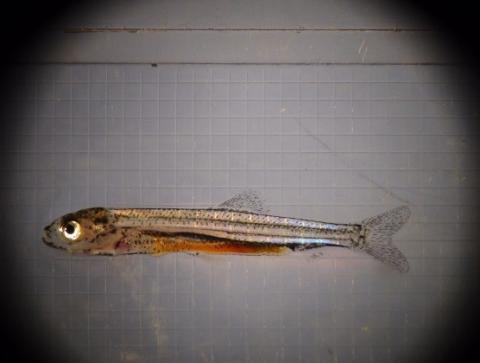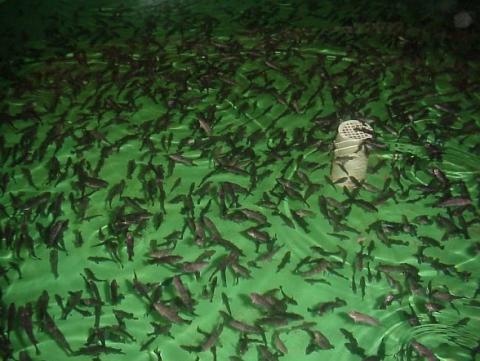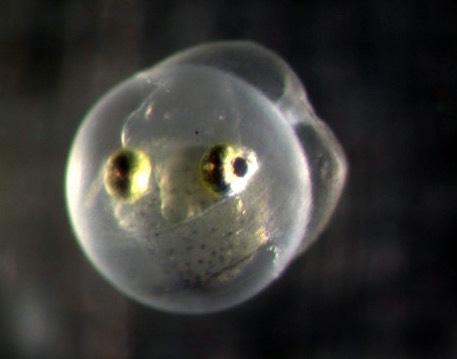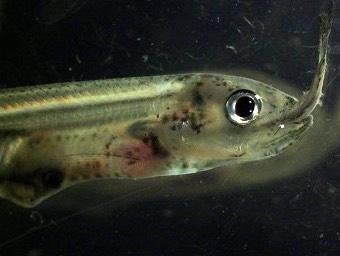
About the Research
The work done in the Berlinsky Lab at UNH helps to improve the cultivation of commercially important finfish species by understanding and ultimately controlling physiological processes. For example, by understanding reproductive processes, researchers can control the timing of fish breeding, alter the ultimate sex of fishes in an aquaculture system, and enhance egg quality. Professor David Berlinsky and his students also study environmental conditions that minimize stress and optimize growth of cultivated fish, such as salinity, light intensity, tank densities, and temperature.
Why the Research is Important
Optimizing culture conditions and strains is necessary to assure adequate growth and survival of fishes cultured for food and for stock restoration. This work is also important to understand and, in some cases, mitigate the impacts of adverse environmental conditions on wild fishes.
Interesting Findings
Researchers in the Berlinsky Lab found that stress can influence the timing and extent of sex change in black sea bass. They also recently discovered that strains of Atlantic coast striped bass have differential growth rates and stress tolerance in recirculating aquaculture systems.About the Researcher

David Berlinsky
Professor of Agriculture, Nutrition, and Food Systems
David.Berlinsky@unh.edu; 603-862-5130
Big Picture
With declining fish stocks, aquaculture is becoming more and more important to generate protein for human consumption. The work of the Berlinsky lab helps to improve the efficiency of fish aquaculture and understand factors contributing to wild fish population declines.

A tank full of juvenile black sea bass.
Funding & Collaborations
- Stock Enhancement of New Hampshire Rainbow Smelt. New Hampshire Fish and Game. 2019-2021.
- “Characterizing the Genetic Stock Structure of Striped Bass to Improve Marine Culture and Inform Fishery Management.” New Hampshire Sea Grant with Dr. Adrienne Kovach
Related Published Works
- Kenter LW, CM Skillings, DL Berlinsky. 2022. Effects of Feeding Strategies on Growth Performance of F1 Gulf Coast Striped Bass Strains in Recirculating Aquaculture Systems. North American Journal of Aquaculture. https://doi.org/10.1002/naaq.10255
- Kenter LW and DL Berlinsky. 2022. Thermal Tolerance and Temperature-Dependent Feeding Behavior of F1 Gulf and Atlantic Coast Striped Bass Strains. North American Journal of Aquaculture. 84: 261-266.
- Kenter LW, TS Breton, DL Berlinsky. 2021. Comparing stress responses of F1 and domesticated striped bass (Morone saxatilis) following a repeated acute stressor. Aquaculture Research. 52: 4786-4798.

An image of a rainbow smelt embryo.

A rainbow smelt eating another smelt.
